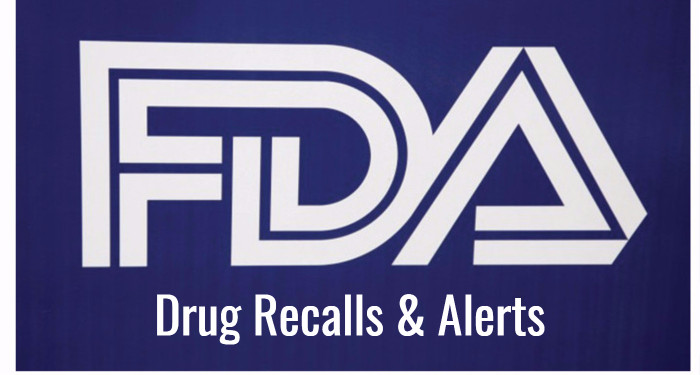For patients who need to take medication for a health condition, drug recalls are important alerts to monitor. In the most severe cases, catching a recall quickly can literally the difference between life and death.
Recalls occur when a drug maker takes its product off the market due to safety concerns. Recalls in the pharmaceutical sector are critical because of the physical or mental damage that an inferior drug could inflict.
It is vital for patients, physicians, family members, and friends to keep up to date with the latest drug recalls and alerts relevant to their situation.
Why Are Drugs Recalled?
In the United States alone, patients take out billions of prescriptions every year. Prescribed medication is a fundamental part of the nation’s health care.
Unfortunately, not all prescription drugs work out as well as the manufacturer intended.
Drug recalls are made because the U.S. Food and Drug Administration (FDA) requests or requires a company to do so, or when a drug maker finds a problem and voluntarily removes the product. In the case of FDA recalls, the agency has statutory authority to require pharmaceutical companies to pull a drug from the marketplace if the risk is large enough.
There are various different levels to identify the severity of a recall, as well as several lower-level actions such as information alerts or announcements. These are often related to minor violations or issues pending further clarification, which serve to keep the public aware of potential risks without causing major disruption before it is warranted.
Different Levels of FDA Recall
The FDA breaks its drug recalls down into three categories: Class I, II, and III. One is the most serious, followed by two and three. Here is what each level means for the consumer and patients:
- Class I Recall – The drug has an issue where there is reason to believe it could cause “serious adverse health consequences or death” if used.
- Class II Recall – The drug has an issue that could prompt “temporary or medically reversible adverse health consequences.” This level of recall can also be issued for more serious potential risks but where the probability of major consequences is remote.
- Class III Recall – The drug has an identified issue but it is “not likely to cause adverse health consequences.”
Understanding these various classes of recall helps patients and pharmaceutical companies alike manage risks more effectively.
It is important to note that even with this system in place, many drugs are often only recalled after a problem has been identified while the product is in general use. The recall can come too late for some patients, at which point it is recommended they contact a medical professional and seek legal advice, where appropriate.
The Latest Drug Recalls
As well as monitoring the latest Drug411 blog entries and Facebook posts, we recommend the feed below for the latest recalls, research, and drug information announced by the FDA on Twitter.
You can also read full details on the latest drug alerts here.

